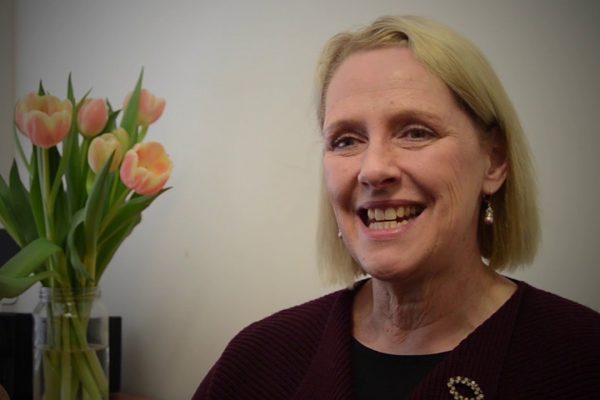During the week, not only were the crowds in the main square of Herat, Afghanistan alerted to hanging bodies, but the whole world witnessed the set of rules that allowed bodies to be brought to the main square and hung up in the city as a lesson for those who would dare to commit criminal offences. Those actions and images make us really think about what is acceptable, and what is not?
In the same situation from the Gospel of Mark today, some Pharisees from the time of Jesus wanted to know if it is acceptable to divorce? They were setting Jesus up and trying to find a reason to accuse him by giving him a very complicated scenario. We like the Pharisees sometimes wanting to have a ‘black and white’ answer for complicated situations and totally forget to put the situation into context. But ‘text without context is pretext’, I have been reminded so many times while I was at theological college, because only within the context – the circumstances that form the setting for an event, statement, or idea – can it be fully understood. This is especially so with the Scripture.
Today’s gospel account is also mentioned in the Gospel of Matthew. Matthew was writing his gospel for the Jewish people who were under Jewish law. He probably wrote the story correctly because when Jesus was talking to the Jews he certainly would not have talked about divorce that was not even possible. Matthew’s community was heavily affected by Jewish law, where women and men were treated differently. But Mark, on the other hand, the writer of today’s gospel reading, was not writing for the Jews. He was writing his gospel for the gentiles who lived and worked under Roman law. In Roman law, the consideration of women is more significant than Jewish law.
These two narratives, either from Matthew or Mark, encourage us to visit the Book of Genesis when God created the world and human beings. Genesis actually has two stories about creation and they are quite different. In the first story, man and woman are created at the same time. It states that “He created them, man and woman.” In the second story, God created Adam first, from the dust of the earth. Then He created many animals, when none of the animals were found to be a suitable partner for Adam, God created Eve, not from dust but from Adam’s rib. Perhaps, Genesis wants to tell us that man and woman are created side by side, equally in dignity.
If we look closely at today’s gospel, we will see that Jesus quotes from both accounts of Genesis. The reason why Jesus wants to make reference to both accounts of creation is that he reaffirms God’s purpose on the importance and partnership of life and love between male and female from the beginning of Creation. Therefore; either Jewish or Roman Laws or any laws which are made from human beings, do not explain totally what God has in his mind.
What does Jesus want to say in the gospel today? Is it only about marriage or something else? It makes a lot of sense when we look at the Scripture regarding Jesus’ life and his ministry. He affirmed the value of those whom society tended to ignore: the sick, the leper, the widow, the sinner, the tax collector, the thief, and now he extends that same loving concern to women, not only in the family setting but also women and children in the social setting that seem to have no fair respect given to them. Then Jesus comforts them with the promise that the kingdom of heaven belongs to them.
Let us take a moment to think and pray for the women and children that we know in our lives particularly those who are suffering at the moment, whether through physical illness, or mental stress that our prayers and thoughts will comfort them.
By Fr Trac Nguyen




Comments
Add Comment